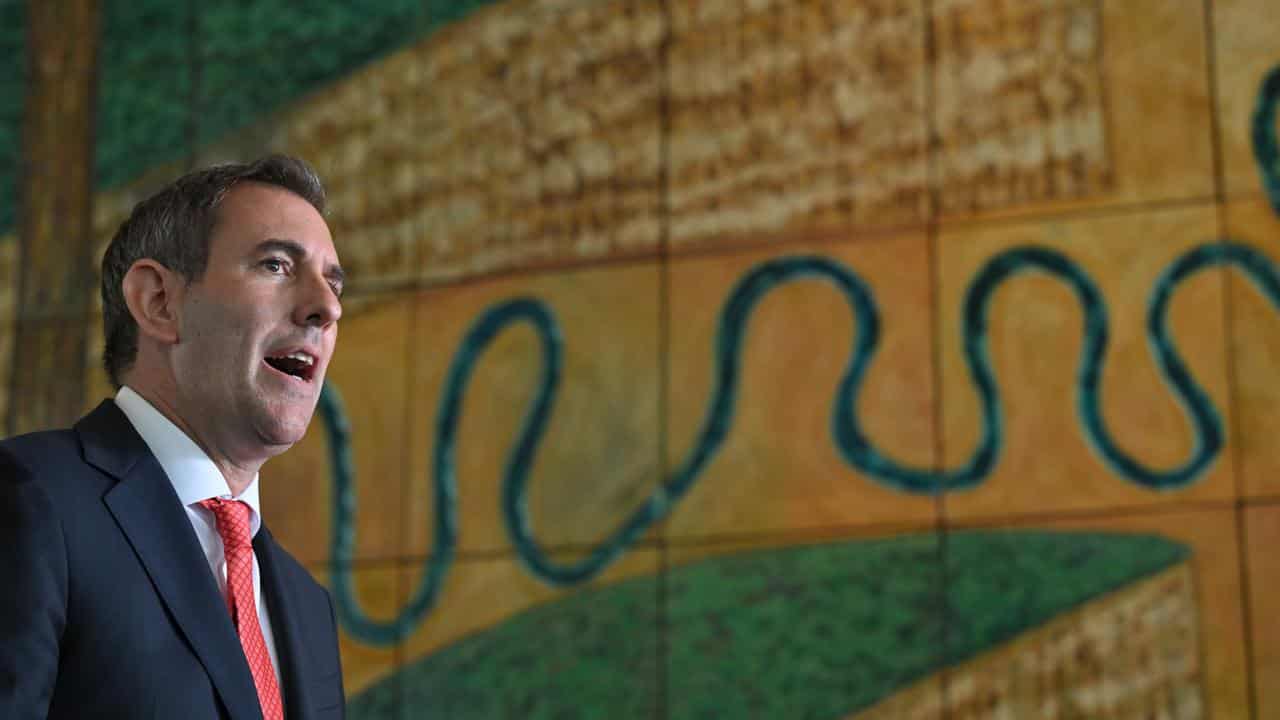
The biggest shake-up of merger rules in years is intended to stop harmful business combinations that squash competition and lead to higher prices and less consumer choice.
Designed to bring Australia in line with other advanced economies, the changes have been welcomed by the national competition regulator and met with a lukewarm response from big business.
The federal government's reworked rules introduce mandatory notification of proposed mergers and bolsters the Australian Competition and Consumer Commission's power and resources to assess them.
Business Council of Australia chief executive Bran Black said the proposed reforms struck the right balance between economic and regulatory needs but was wary of "unintended consequences" and burdening firms with extra red tape.
"For example, the BCA expects to see reasonable and practical thresholds for merger notification," Mr Black said on Wednesday.

ACCC chair Gina Cass-Gottlieb said the changes would reinforce public confidence in Australia’s competition laws.
Under the existing voluntary regime, the ACCC only assesses about a quarter of all mergers, restricting its visibility and raising the chance of an anti-competitive combination slipping through the cracks.
Treasurer Jim Chalmers said the system was "hit and miss" and Australia was one of only three OECD countries where notification was not compulsory.
"Australia’s approach to mergers is no longer fit for purpose," Dr Chalmers said during his Bannerman competition lecture in Sydney.
"The changes I announce today are the biggest reforms to merger settings in almost 50 years."
Competition policy has become a focal point for the government as it vies to boost flagging productivity and spur innovation.

It has launched several probes and investigations spanning different sections of the economy, including the supermarket sector that's under fire for its pricing practices.
Most Australian sectors are dominated by a few big players and Treasury research suggests a lack of competition increases the cost of doing business and can lead to higher prices and lower wage growth.
Tougher merger rules have long been on the competition regulator's wish list and while businesses viewed some of the ACCC's earlier proposals "excessive", the treasurer believes a middle ground has been found.
"The result of that consultative work means the package we announce today has attracted broad support," he said.
Business were particularly worried about the regulator's push to shift the onus of proof onto firms to demonstrate mergers would not "substantially lessen competition", as the law states.
The government ultimately decided to stick with the existing set up where mergers are effectively assumed permissible and the ACCC must prove otherwise.
Greens spokesperson Nick McKim said this suggested Labor was "dancing to the tune of big business".
“The treasurer has not substantially changed the test for assessing mergers, for example by including consideration of national market share - something which has been revealed to be critical to the misuse of market power by the supermarket duopoly,” he said.
Shadow treasurer Angus Taylor said the opposition would scrutinise the legislation closely before taking a position but said the government was confusing competition policy with competitiveness of the economy.
"Labor's policies on energy, industrial relations and tax are making Australia a less attractive place to do business," Mr Taylor said.
The merger changes will need to be enshrined into legislation, with the aim of enforcement starting in 2026 pending passage through parliament.
Former ACCC chair Graeme Samuel said the merger changes were sensible and imposed discipline on both businesses and the regulator.
"We've got timelines being imposed on the ACCC, which I think is important because the ACCC is has tended to take many months, if not years, to consider mergers in recent years," he told ABC TV on Wednesday.









